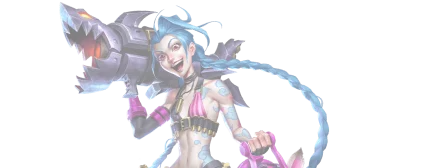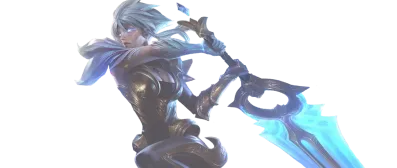What Is A Patch in Gaming?
💡 Game Patch Meaning
- Game patch is a piece of software designed to update a video game, fixing bugs, improving performance, adding new features, or addressing balance issues after the game’s initial release.
Today we’re diving into a term that’s all about keeping our games in tip-top shape: Game Patches. If you’ve ever wondered why your game needs to update before you can play, or what’s really happening during those long download times, you’re in the right place. Let’s unpack the world of game patches and see why they’re so crucial to our gaming experiences!
What Is A Game Patch?
A game patch is a piece of software designed to update a video game after its initial release. Think of it as a digital band-aid, fixing bugs, improving performance, adding new features, or addressing balance issues. Patches can range from tiny tweaks to massive overhauls that significantly change the game.
The Origins of The Term
The term “patch” has its roots in the early days of computing. Back when computers used punch cards, a literal patch of cardboard would be placed over a hole to “patch” the program. As software development evolved, the term stuck around to describe fixes and updates.
In gaming, patches became more prominent in the 1990s as games grew more complex and internet connectivity became more common. One of the earliest notable examples was the rise of “mod chips” for consoles, which allowed games to be updated – though this wasn’t always legal or approved by manufacturers.
The concept of official game patches really took off in the PC gaming world. Games like Diablo (1996) and StarCraft (1998) were among the pioneers in releasing regular patches to balance gameplay and fix issues.
As internet connections improved and consoles came online, patching became standard practice across all platforms, leading to the “day one patch” phenomenon we often see with modern game releases.
Update, Patch, and Hotfix: What’s the Difference?
While these terms are often used interchangeably, there are some subtle differences:
| Aspect | Update | Patch | Hotfix |
|---|---|---|---|
| Size | Large | Varies | Small |
| Content | New features, major changes | Bug fixes, minor additions | Critical fix only |
| Frequency | Less frequent | Regular | As needed (urgent) |
| Planning | Long-term | Scheduled | Reactive |
| Testing | Extensive | Standard | Minimal |
Other Related Terms
When diving into the world of game patches, you might encounter these related terms:
- Day One Patch: A large update available on a game’s release day, often addressing issues found after the game “went gold.”
- Version Number: A code (like v1.2.3) indicating the current iteration of the game.
- Changelog: A list of changes made in a patch or update.
- Live Service: Games designed to be updated continuously over a long period.
- PTR (Public Test Realm): A separate version of the game where players can test upcoming patches.
- Rollback: Reverting to a previous version if a patch causes issues.
- Stable Build: A version of the game considered reliable and relatively bug-free.
- Beta: A pre-release version of a game or patch for testing purposes.
- DLC (Downloadable Content): Additional content for a game, often confused with patches.
- Mandatory Update: A patch required to be installed before the game can be played, especially in online games.
- Incremental Update: A small patch that only updates changed files rather than the entire game.
- Sandbox: A testing environment for developers to try out potential patches.
So there you have it, patch professionals! Now you’re all clued up on the world of game patches, updates, and hotfixes. Next time you’re waiting for that progress bar to fill up before you can jump into your favorite game, you’ll know exactly what’s going on behind the scenes. Remember, patches are there to make our games better, even if they sometimes test our patience. Here’s to smoother gameplay, fewer bugs, and the hard-working devs who make it all happen. Game on!














